Important to know: Not all Coenzyme Q10 supplements are formulated in the same way. Consequently, the absorption and bio-availability of CoQ10 products can differ considerably even if the manufacturers have used the same raw CoQ10 material. In this article, we want to see what does not work in the formulation of the CoQ10 supplement.
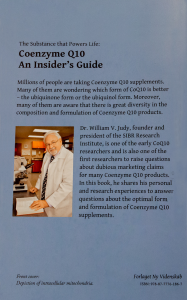
In his book, Dr. William Judy explains the absorption, transfer, and bioavailability of Coenzyme Q10, the conversion of ubiquinone to ubiquinol and vice versa, and the functions of ubiquinone and ubiquinol. The book is available from amazon.com. ISBN: 978-87-7776-186-7.
Basically, it costs money to produce a well-formulated CoQ10 capsule. For us consumers, saving money by buying a cheaper supplement may well mean wasting money and not doing our heart muscle cells any good.
A well-designed, well-controlled study has shown that the formulation of the CoQ10 product is more important than the form of the Coenzyme Q10 in the product, i.e., more important than whether the Coenzyme Q10 is in the ubiquinone or in the ubiquinol form. That study showed that a ubiquinone product with a proper formulation gave a significantly better bio-availability than a patented ubiquinol product did [Lopez-Lluch 2019].
That study also showed that getting the optimal mix of carrier oils and using the optimal heating and cooling procedures in the manufacturing process is key [Lopez-Lluch 2019].
Ubiquinone vs. Ubiquinol – What is the Evidence?
In a review article, Mantle & Dybring [2020] present evidence:
- that a good ubiquinone supplement will raise the level of ubiquinol in the blood and in the blood lipoproteins significantly – there is no need to take a ubiquinol supplement in order to raise blood ubiquinol concentrations. A good ubiquinone supplement will do the job.
- that the body has at least five enzyme systems in place to convert ubiquinone to ubiquinol. There is no hard evidence that older people need to take ubiquinol instead of ubiquinone.
- that there are many misleading marketing claims for an alleged superior absorption of ubiquinol, mostly based on unscientific comparisons. As stated above, much depends on the formulation of the individual supplement.
- that ubiquinone is the much more stable form of Coenzyme Q10 and is the CoQ10 form for which the absorption, bio-availability, and clinical efficacy of the supplement are well-documented.
What CoQ10 Products Don’t Work Well
Dry powder CoQ10 in tablets or in hard-gel capsules
Dry powder Coenzyme Q10 contains undissolved CoQ10 crystals that our enterocytes (intestinal absorption cells) cannot take in and cannot package into chylomicrons for transfer into the lymphatic system and then into the blood circulation.
A dry powder Coenzyme Q10 supplement in a tablet or in a hard-gel capsule is not going to give us much absorption at all.
“Water-soluble” CoQ10
If the manufacturer succeeds in making the CoQ10 molecules truly “water-soluble,” then he changes the molecules so that they are no longer CoQ10 molecules and no longer give the same beneficial effects. Reducing the size of the CoQ10 molecules to make them somewhat more “water-soluble” means that the molecules no longer have the same properties of Coenzyme Q10.
Moreover, “water-soluble” does not always mean better absorption. CoQ10 molecules are simply too large to be absorbed easily even if Coenzyme Q10 molecules could be converted into “water-soluble” molecules, which they cannot.
Smaller molecules of 5 – 12 carbon atoms can be absorbed through water-filled hydrophilic pores in the small intestines; the CoQ10 molecule with its 59 carbon atoms is simply too large to be absorbed so easily [Judy 2007].
Liposomal CoQ10
Liposomes are merely a transport vehicle for the Coenzyme Q10. Liposomes are not absorbed as such. They do not improve absorption in the way that dissolving the CoQ10 crystals in an oil matrix does.
Placing lipid-soluble Coenzyme Q10 inside liposomes or micelles or nanoparticles does not make the Coenzyme Q10 molecules water-soluble. The CoQ10 molecules remain lipid-soluble and have to be absorbed as such when they reach the intestinal absorption cells [Judy 2007].
Nanoparticle CoQ10
Like liposomes, nanoparticles are just a transport vehicle for the Coenzyme Q10. Freye & Strobel say that exposure to industrial nanoparticles in supplements or medicines can have toxic effects on our cells. The penetration of industrial nanoparticles through all lipid barriers can result in a down-regulation of cell growth followed by apoptosis [Freye & Strobel 2018].
Again, the nanoparticles are nothing more than transport vehicles for the CoQ10 molecules. They do not make the CoQ10 molecules less lipid-soluble, and they do not necessarily improve the process of CoQ10 absorption in the intestinal absorption cells.
Soft-gel capsules with CoQ10 in the wrong oil matrix
The 2019 study done by Dr. Lopez-Lluch in Sevilla, Spain, shows that Coenzyme Q10 dissolved in cocoa butter, olive oil, palm oil, and combinations of these fats and oils with one another or with soy oil will not be absorbed well. The problem with these oil matrices is that the dissolved Coenzyme Q10 will recrystallize at room temperature, and the crystals will not dissolve when exposed to body temperature in the stomach.
The Lopez-Lluch study shows that Coenzyme Q10 dissolved in an oil matrix consisting of a soy oil with a low melting point and a soy oil with markedly higher melting point will be dissolved at body temperature and will be better absorbed than Coenzyme Q10 dissolved in other oil matrices [Lopez-Lluch 2019].
Summary: CoQ10 Supplements: What Works and What Does Not Work?
It is safest to buy a CoQ10 supplement for which there is scientific documentation of its absorption and bioavailability.
Sources
Freye E & Strobel HP. The Whole truth about Coenzyme Q10 you may not find elsewhere. Adv Complement Alt Med. 2018;2(2):107-116.
Judy WV. Coenzyme Q10: Facts or Fabrications. Natural Products Insider. 2007;1-4.
Judy WV. Coenzyme Q10: An Insider’s Guide. 2018. ISBN: 978-87-7776-186-7.
López-Lluch G, Del Pozo-Cruz J, Sánchez-Cuesta A, Cortés-Rodríguez AB, Navas P. Bioavailability of coenzyme Q10 supplements depends on carrier lipids and solubilization. Nutrition. 2019 Jan;57:133-140.
Mantle D, Dybring A. Bioavailability of Coenzyme Q10: An Overview of the Absorption Process and Subsequent Metabolism. Antioxidants (Basel). 2020 May 5;9(5):386.
The information presented in this review article is not intended as medical advice; it should not be used as such.
30 June 2022


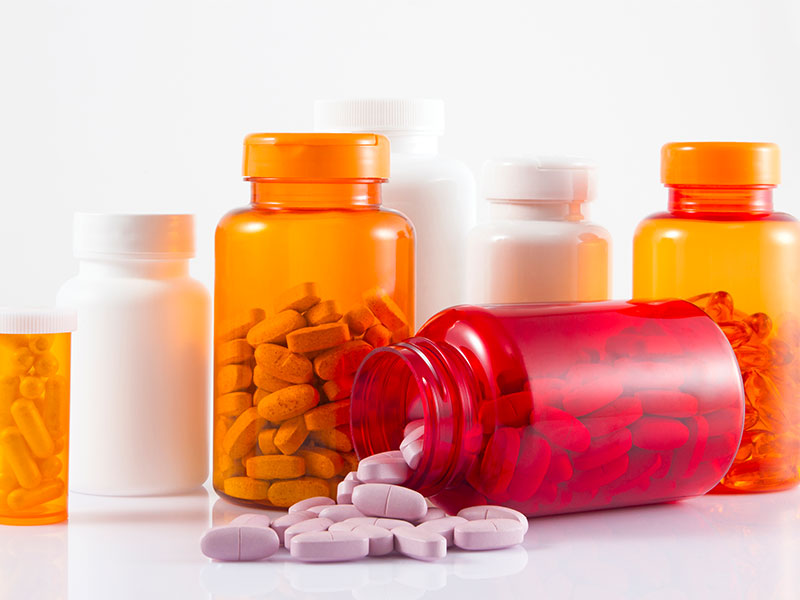
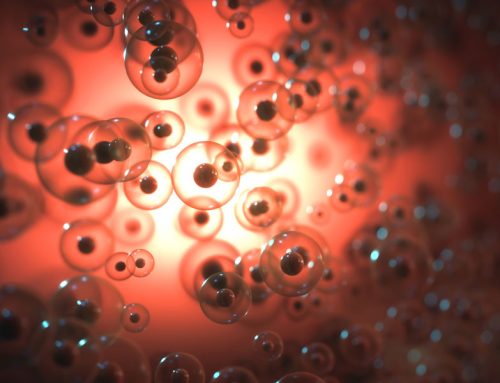
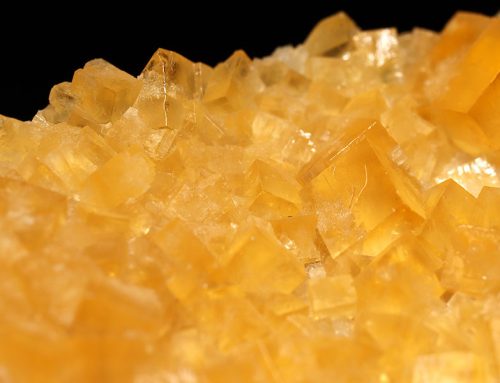
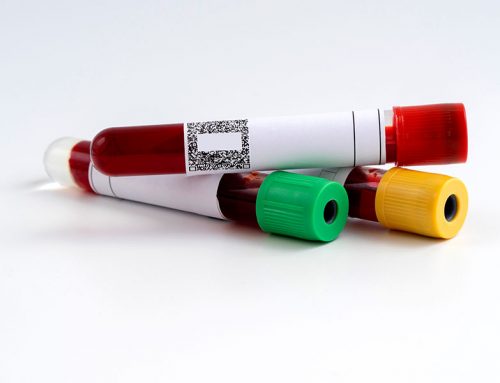
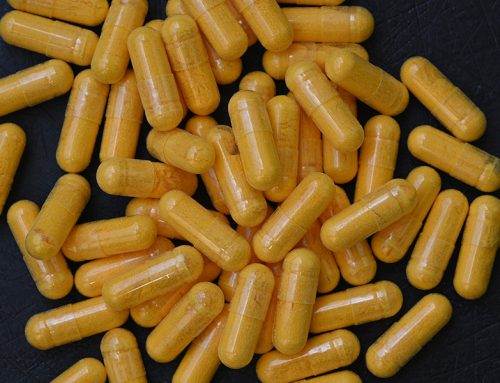
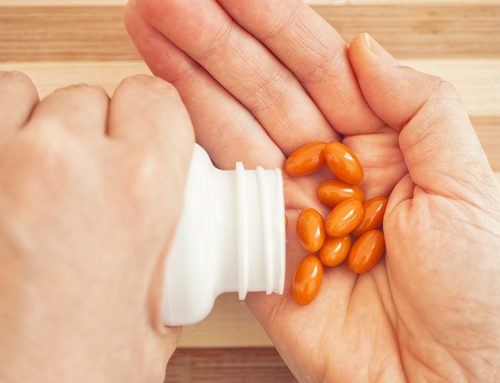
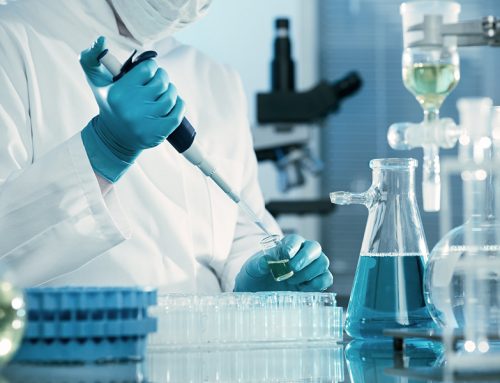
Leave A Comment